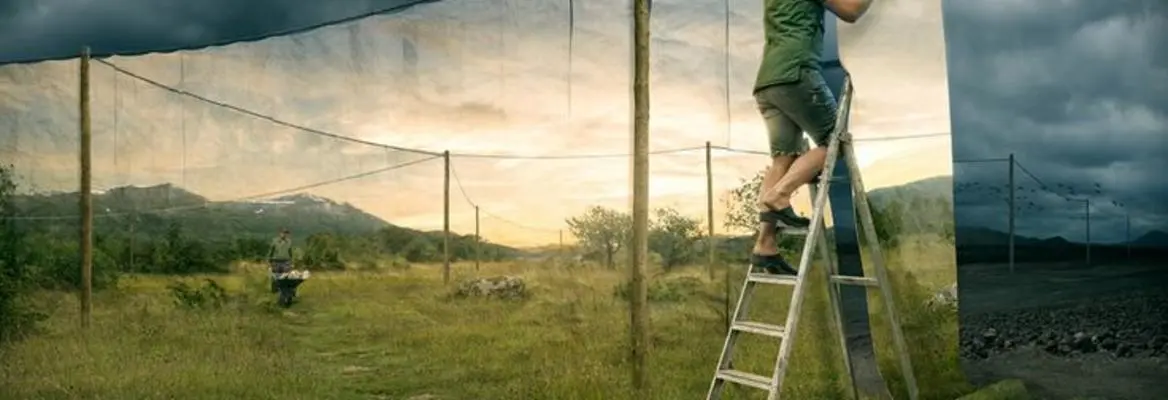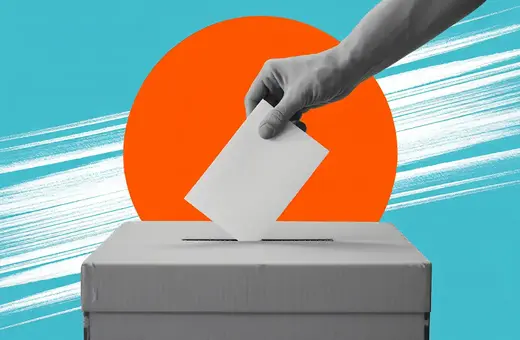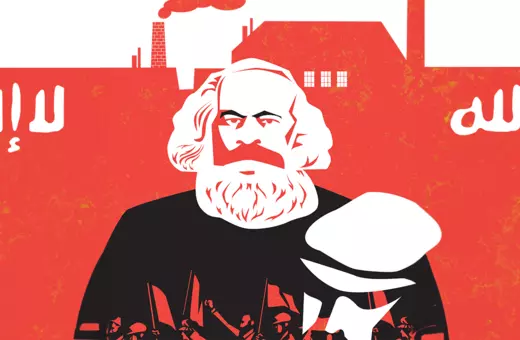It is mesmerizing to watch as the cancer of fear worms its way back into the human soul or imagination or wherever it lodges itself. For most of us the first reaction to such widespread fear is disbelief. The second? As it spreads and morphes into populism, racism and exclusion, we are often paralyzed, unable to imagine how to fight back. Mr. Trump has, in a tortured way, done Americans - perhaps all of us - a favour with the extremism of his first week in office. His racist, certainly illegal and probably unconstitutional orders are an abrupt wake-up call.
More than that, they are a warning to Washington's traditional allies to take care. Is this man a stable, trustworthy partner? It took him only a few hours to damage Theresa May's reputation. Canada is the United States’ closest ally - a 6000 kilometre border - and biggest trading partner. But Justin Trudeau is keeping his head down, using officials to negotiate arrangements behind the scenes. His reaction to Trump's anti-Muslim orders has been to purposely reiterate Canada's pro-immigration policy, without mentioning the United States or its president.
No one should be surprised that the growth in immigrants, refugees and migrants has been central to the releasing of such fear in Western society. This is an old tradition. Fear of the other. Promotion of fear of the other for political purposes. We are all affected when racist discourse is normalized. The attack on the Quebec City mosque is a tragic example of this. But the virtually unanimous reaction has been to reassert as strongly as possible the Canadian reality of and commitment to diversity and inclusive citizenship.
In such an atmosphere some people in Europe look at Canada and wonder why it is not suffering from the same agonies. At this point it is the only Western democracy not deeply divided on the issue of refugees and immigration in fact, the only country where the political class is largely and openly pro-immigration. This puts the country out on a cutting edge or a precipice. An exposed position.
___
"Trump’s racist, certainly illegal and probably unconstitutional orders are an abrupt wake-up call"
___
Any sort of comparison of countries is problematic. In this case it risks missing how much good is being done in Europe. The million refugees taken by Germany - now on the road to becoming immigrants and citizens, not migrants - will stay in history as a great ethical gesture. Many Germans are working at the grassroots level to help the Syrians settle in. The people of the Greek islands and the Italian navy will be remembered as great humanists.
As for comparisons between Canada and Europe, this usually produces counter arguments from countries caught up in today’s refugee crisis - Canada is such a big country (space for people) with a small population (space for more people) and a new country (no culture at risk) far away from the crisis (can choose who to take). All of this is nonsense. Almost all refugees/immigrants go to five dense, southern, urban centres, as in Europe. Few head for the tundra! Canada is not new. It is the oldest continuous democratic federation in the world and the second or the third oldest continuous democracy, born in the democratic spring of 1848. Almost miraculously and virtually alone among the new democracies of 1848, its parliamentary leadership managed to survive the attempted counter coups. And in the last 168 years it has managed to avoid the coups, civil wars and dictatorships so common throughout the West.





















Join the conversation